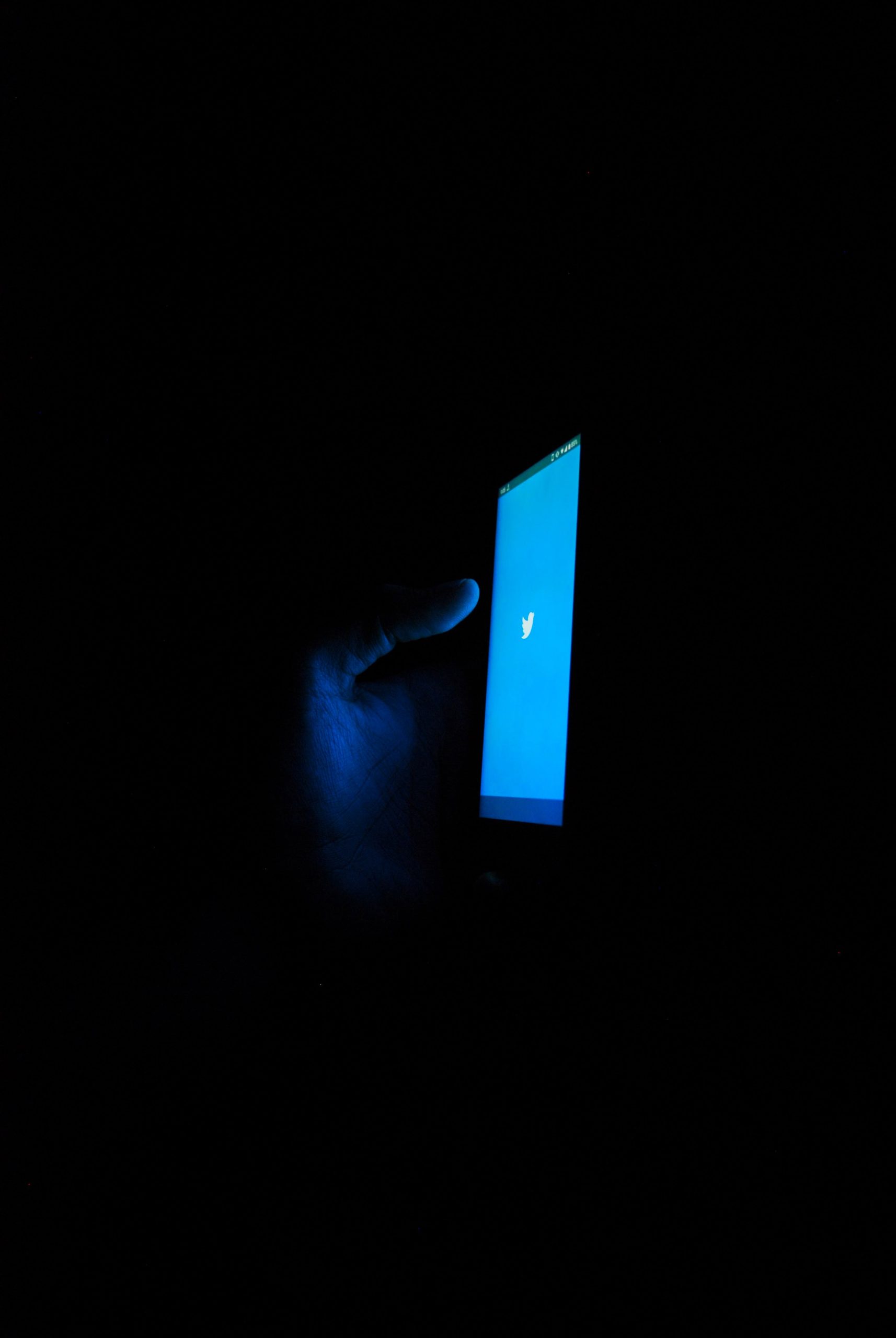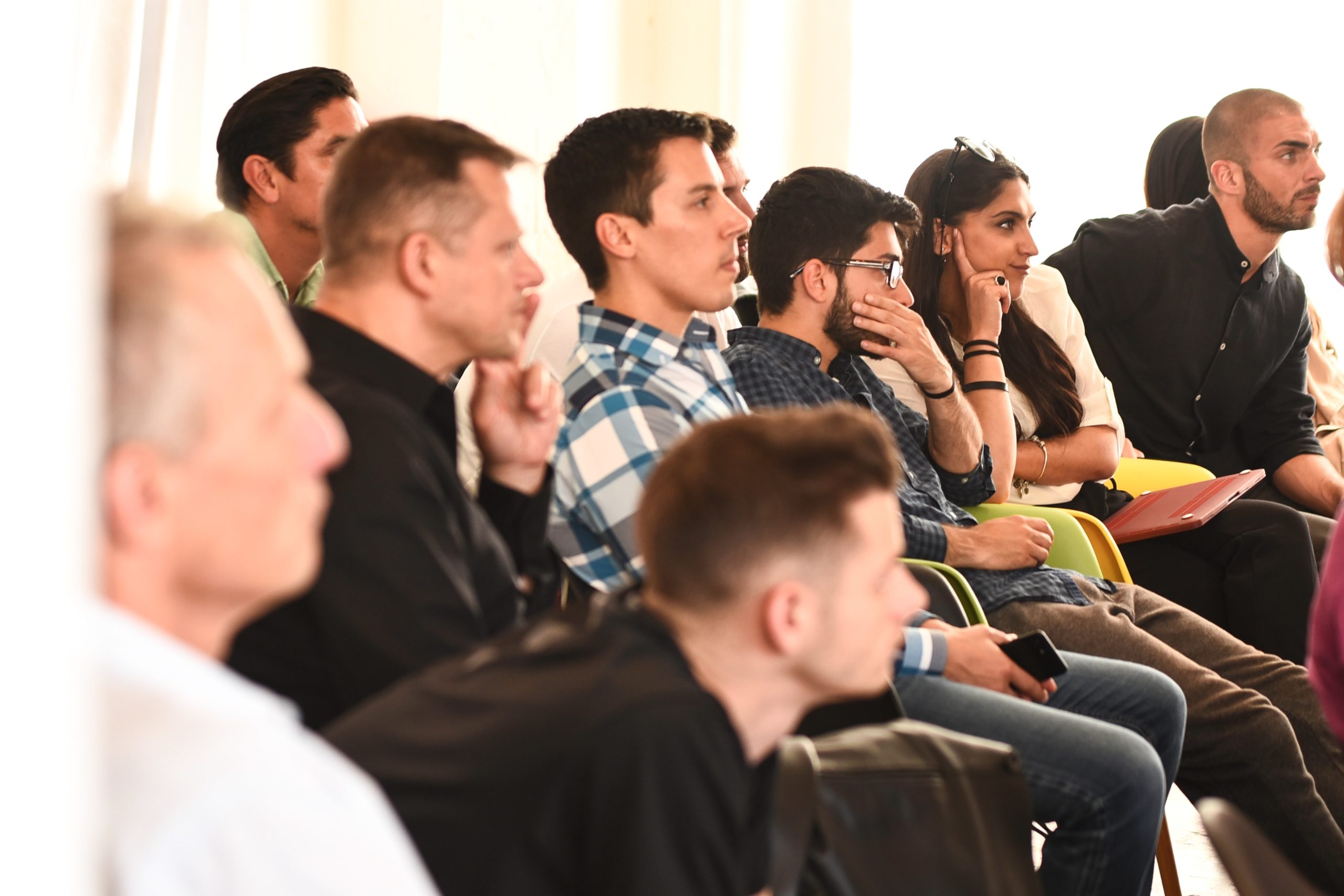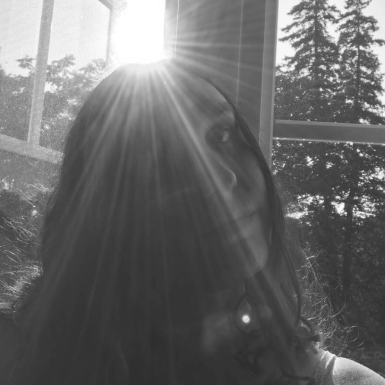Donda, or Certified Lover Boy? Which is better? One of the most divisive and hotly contested modern-day battlefields (Twitter) was recently torn by this debate. Fans, haters, and students all found themselves in heated arguments on this topic (anything to ignore lecture material I guess 🤷). When the albums dropped, some people stayed up all night to hear the music in real-time, live-tweeting their hot takes and casting verdicts after only hearing the first few seconds of each song.
I’d like to focus on that term, hot take. To me, a hot take is any publicly broadcasted, exaggerated opinion in which a speaker is taking some kind of satisfaction in being a contrarian. For example, the Drake vs Kanye debate will, for some, always factor into their enjoyment of either’s projects and social media platforms give people the perfect arena to air their most outlandish thoughts about both artists. And, to be fair, it is one of the most fun things to do on Twitter; someone is always willing to take the debate in a direction you would never expect.
However, the danger with this type of discourse is that the longer someone spends defending a hot take, the more they begin to feel that their opinion must be ✨the truth✨.
Twitter, a free platform, is driven by engagement, regardless of what that entails. Whether it’s genuine curiosity, a love of the subject, a feeling of outrage, or just straight up trolling, none of these responses are valued more than the others. While this makes social media entertaining, the prioritization of popularity over good intentions and honesty can make it a profoundly bad way to take in new information. Twitter, Facebook and other social media platforms have become some of today’s greatest entertainment and news sources, but the discourse that they generate needs unpacking.

Echo Chambers
Billions of people filter their thoughts through their timelines, often only seeing arguments which either validate their own perspectives or are easily rebutted as nonsense. Ideally, your intellectual diet should be made up of challenging and varied material. However, social media’s propensity to only show you curated material that aligns with your own viewpoint means it’s unlikely you’re getting a full picture of a topic when reading about it on social media. This process can negatively tilt your perception of ideas that oppose your own and you can easily begin to fall into a pattern of anti-intellectual thought.
This ironically erudite word describes a state of mind characterized by a mistrust of intellectual engagement and academia. It may seem severe to describe the arguments in Twitter threads as anti-intellectual, but what else would you call it when your time on Twitter changes the way you engage in debates and causes you to devalue other perspectives?
A Pew Research Center study finds that as people begin to rely more and more on their social media feeds for information, they tend to actually become significantly less informed about major topics. Indeed, the nature of Twitter, which encourages instantaneous reactions and reductive summaries of complex topics (hot takes), makes it a particularly bad way to take in new information.
What’s more, social media platforms use algorithms that gather posts and information which is most relevant to the ones you are already following, causing selection bias and the proliferation of social media “bubbles.” The more you invest and participate in “the discourse,” the more prone you are to developing myopic perspectives.
Duels at School
This effect is not confined to the realm of social media either. This anti-intellectual mindset can easily bleed into the day-to-day thinking of anyone, even students. The hot take discourse we might engage in on Twitter, where we can so easily imagine our opponents to be the worst kind of people, will only burden you if brought to campus. Perhaps you’ve even experienced this on campus, maybe you’ve heard a shouting match breaking out over what amounts to a petty disagreement over some inane element of pop culture. I, for one, will never forget seeing a physical confrontation escalate from an argument about The Cosby Show.
Debates and disagreements are, of course, bound to happen — and they absolutely should be part of the experience of going to university. However, the point of having arguments should be to challenge your own ideas and positions by genuinely engaging with somebody else’s. Good faith engagement and mutual respect are key elements that should be present in every discussion you find yourself in, though often they are not. The need for respect in these interactions is paramount, they literally do not work without it. Even if you cannot see yourself being converted to a different perspective, keep in mind that the person arguing against you has a reason for having their own ideas, be it intellectual, or informed by lived experiences.
Of course, some perspectives, especially those informed by bigotry or made in bad faith, are not worth proper consideration, but the person behind them always should be. You will almost never succeed in convincing another person of your ideas if you do not take the time to understand why they hold their own positions.

How can we keep the peace?
Perhaps you’ve been in a situation in a conference, or a class discussion, in which somebody broadcasts some kind of obviously bad hot take. Then, seeing the opportunity to “dunk on” an easily disprovable argument, somebody else launches a derisive, but unsound takedown of that person and their ideas, bonus points if they stand up while they do so! In response, the original speaker either cobbles together an equally undercooked defense of their argument, or maybe they just decide that they should pick up another class before the add/drop ends.
This is a bad outcome — the combination of a bad hot take with a disrespectful response can create a discouraging environment in which people act defensively and are scared to share their own ideas. I don’t know about you, reader, but in my mind, school is far too expensive to not learn anything new while you’re there.
In short, try your hardest to separate the sky-high, Jordan-esque slam dunks of ratio’ing somebody on Twitter from the ground-bound conversations you’ll find yourself in when at school or work. It might be tempting to be one of the people in the example above — either the person with the hottest, most controversial take, or the person standing in the back picking apart their argument. Everyone wants to have their voice heard, but it’s hard to learn much of anything or change anyone’s mind if you can’t respect the person in front of you.
After all, I’m sure there’s a perfectly good reason people prefer Certified Lover Boy to Donda. And, out of respect, I am trying very hard to understand this position and genuinely think how someone could have come to such an incorrect, absurd, ridiculous conclusion when Donda is clearly the superior album.
References
Andryeyev, A., and Koumchatzky, N. “Using Deep Learning at Scale in Twitter’s Timelines.” Twitter, May 9, 2017, https://blog.twitter.com/engineering/en_us/topics/insights/2017/using-deep-learning-at-scale-in-twitters-timelines
Cato Institute. “‘Good Faith’ vs. ‘Bad Faith’ Arguments or Discussions.” July, 2020, https://www.cato.org/sites/cato.org/files/2020-07/Good_Faith-vs-Bad_Faith-Arguments_or_Discussions.pdf
Merriam-Webster Dictionary. “Anti-intellectual.” N.D., https://www.merriam-webster.com/dictionary/anti-intellectual
Mitchell, A., Jurkowitz, M., Oliphant, J.B., and Shearer, E. “Americans Who Mainly Get Their News on Social Media Are Less Engaged, Less Knowledgeable.” Pew Research Centre, July 30, 2020. https://www.pewresearch.org/journalism/2020/07/30/americans-who-mainly-get-their-news-on-social-media-are-less-engaged-less-knowledgeable/







